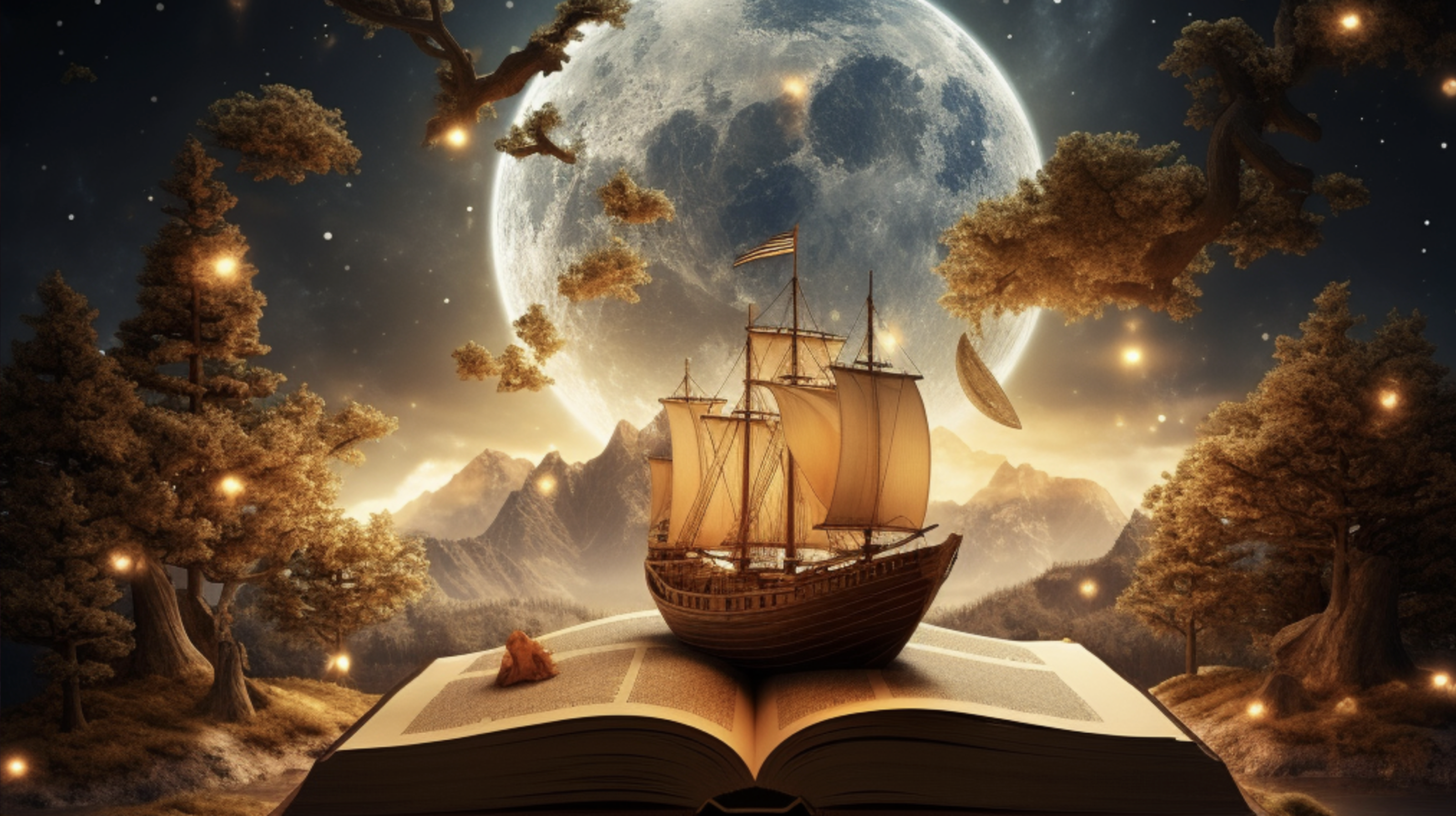Popular themes and genres

Popular Themes and Genres
Each history that we read or write is anchored in one or more genres, and explores themes that touch on the very essence of the human experience. Understanding these genres and themes gives us a window into our culture, our aspirations and our fears.
1. Genre exploration:
- Fantastic : It is characterized by the introduction of a supernatural or inexplicable element in a realistic setting. The boundaries between the real and the unreal are often blurred, creating an atmosphere of doubt and uncertainty. Example: “The Metamorphosis” by Kafka.
- Magical realism : Often associated with Latin American literature, this genre mixes everyday reality with magical elements treated as normal. Gabriel Garcia Marquez, with “One Hundred Years of Solitude”, is an excellent example.
- Science fiction : The genre often explores the impact of technology and science on society, the individual or the environment. It can also look at alternative futures or parallel universes. Isaac Asimov and Philip K. Dick are big names in this genre.
- Family drama : Focusing on the dynamics, conflicts and relationships within a family, this genre offers a penetrating look at the bonds of blood and heart. Works like “Wurning Heights” by Emily Brontë are emblematic of this genre.
2. Universal themes:
- love : Whether it's romantic, brotherly, parental, or unrequited love, it's a pervasive theme in literature. It encompasses everything from the joys of a first romance to the pains of broken hearts.
- The loss : Death, separation or loss of innocence are universally felt themes. They remind us of our mortality and the fragility of life.
- Hope : Despite challenges and despair, hope is often what pushes the characters (and us) forward. It is the luminous counterweight to the tragedy.
- The transformation : Whether physical, mental or emotional, transformation is a powerful theme. It illustrates the capacity of individuals to change, evolve or surpass themselves in the face of challenges.
In conclusion :
Genres provide a structured framework for telling stories, while themes delve into the emotional and existential depths of those stories. Combining distinctive genres with universal themes allows writers to reach their readers across cultures and eras, proving universality and the timelessness of the human condition.
To be continued
Tags: popular themes and genres | literary genres | direct and indirect characterization | novel definition and characterization | the narrative outline | The secrets of a short story | the structure of a story | plot diagram | an imaginary story how | how to write a story | Publish my story | News Editor | Submit a story |

